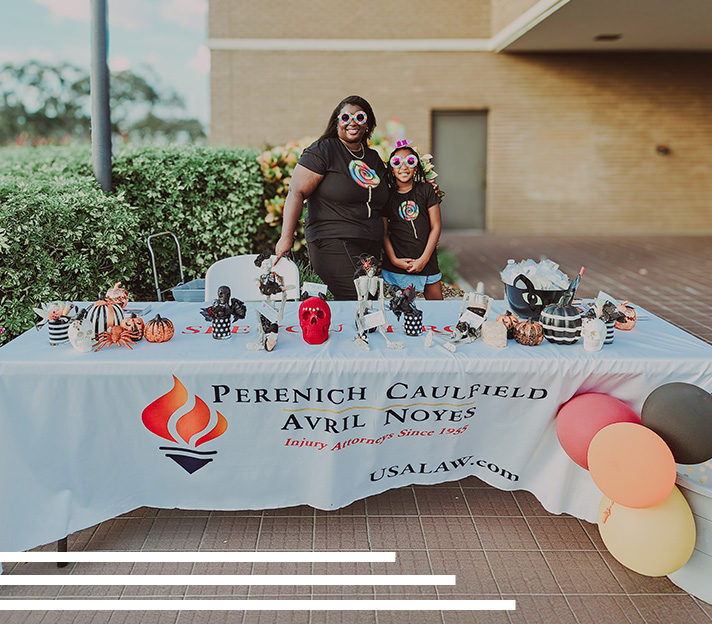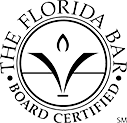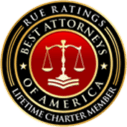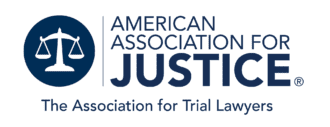Practice Areas
At Perenich, Caulfield, Avril & Noyes Personal Injury Lawyers our attorneys serve the following areas in Clearwater, FL: Raintree Village, Villas of Lake Arbor, Coachman Lakes Estates, Hillcrest Villas, Valencia Park, Sunset Lake Estates, Safety Harbor, and more.
We also represent accident victims in St. Petersburg, FL, including: Grand Central District, Historic Kenwood, Warehouse District, Jordan Park, Melrose Mercy, Historic Uptown, Thirteen St Heights, Historic Roser Park, Cromwell Heights, Waterfront Arts District, Downtown St. Pete, United Central, and more.
About Our Firm
Perenich, Caulfield, Avril & Noyes Personal Injury Lawyers is a personal injury law firm serving Clearwater, St Petersburg, and the Tampa Bay area. We are the first personal injury law firm in Clearwater and our legal team has 300+ years of collective experience. If you need legal help in Pinellas County, contact us today for a free consultation.
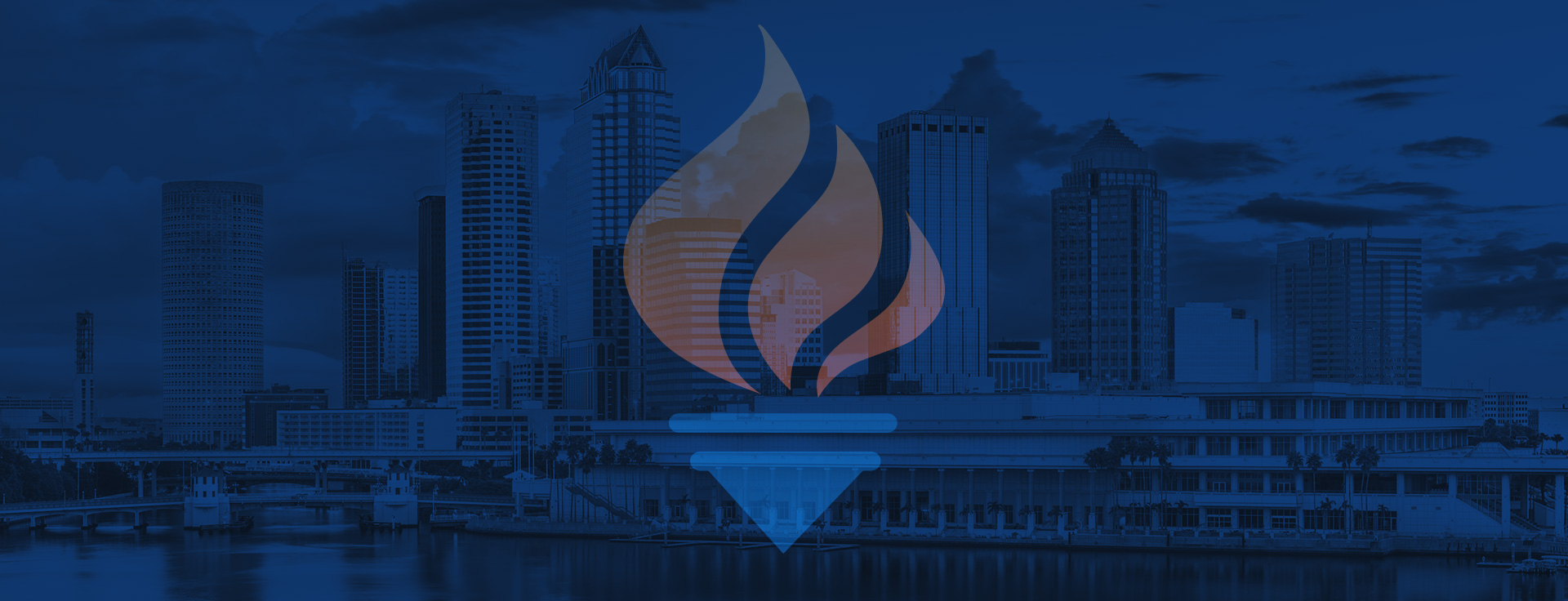
We treat you like family.
If you can’t come to us, we’ll come to you.
Representing Accident Victims in Tampa Bay since 1955
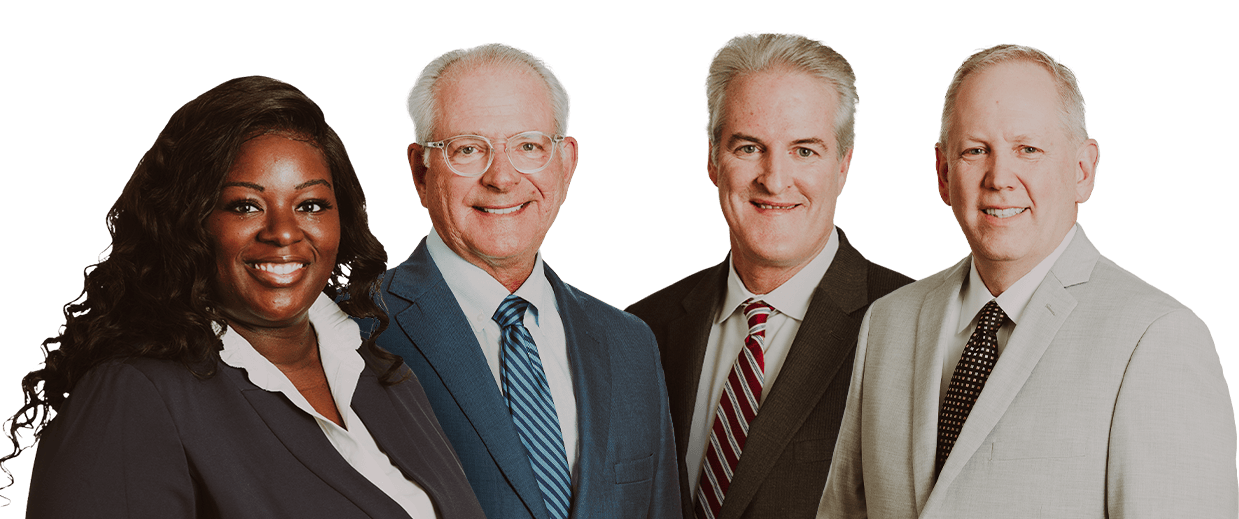


-
“Friendly knowledgeable and kept me informed about my case. Any offer, bill or question was readily answered. Would definitely recommend and refer people to Bryan Caulfield and his team!!”- Betty B.
-
“Mrs Bryant works her butt off to make sure you get what is do to you in medical and beyond! They won’t take your case if they don’t feel you haven’t been wronged.”- Christine R.
-
“Working with Mark Perenich on my auto injury case was an absolute game-changer. From the very beginning, he brought a level of professionalism, expertise, and care that immediately put us at ease.”- Kerry B.
-
“Lorrie and Allyson are phenomenal. I highly recommend them to anyone. It seemed like a never ending journey but I can’t thank them enough for diligently fighting my case with the greatest integrity, support and prayers.”- Former Client
-
“From the first day we met this law group I felt very comfortable and knew we would be well taken care of. This was our first experience filing for SSD, and was not disappointed. The lawyers are awesome and very professional.”- Shari J.
-
“Very nice they worked with you. Never ignored me with my case. Always on top to work with you. Thank you so much for all that you have done to help me! Very highly recommend.”- Margarita O.
-
“My appointed attorney was Jacqueline, Bryant. She is very compassionate about her client and work. When it comes to negotiation, she's a Beast and she gets the job done.”- Alaina J.
-
“What was particularly awe inspiring was the recall of facts and testimonies from medical personnel that Para Legal Ms. Josephine Elizabeth Angelo was able to make. Her memory and acumen for detail was admirable.”- Maylisa Y.
-
“Wonderful, impeccable, personalized, authentic, truthful, honest experience. Rare, real, and human firm.”- Sheryl G.


We’ve been proudly serving Clearwater, St. Petersburg, and the Tampa Bay area for generations. As the first personal injury law firm in Clearwater, our dedicated legal team brings over 300 years of combined experience to each and every case. If you’ve been injured and need support, please reach outtoday for a free consultation, we are here to help you.
